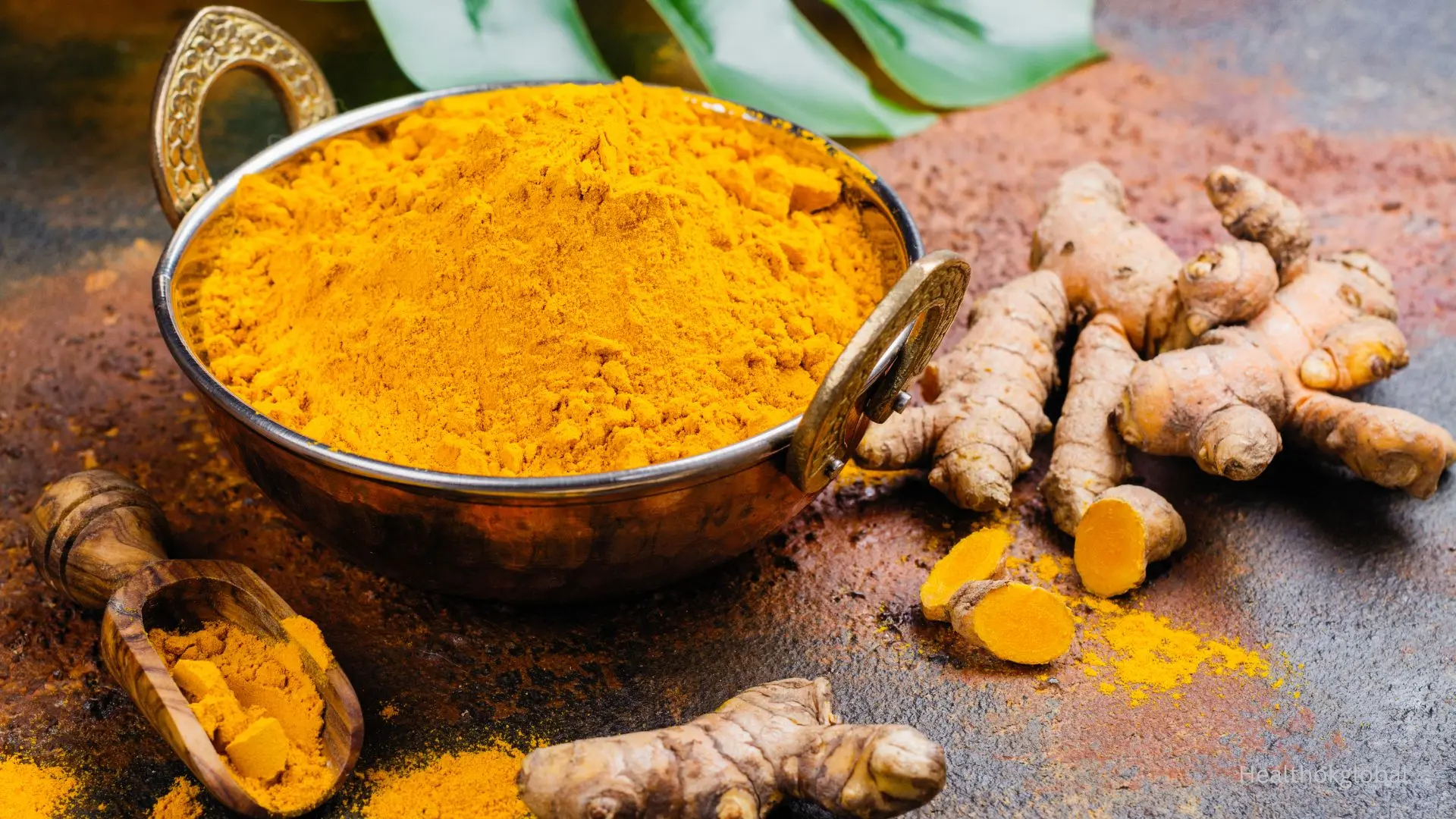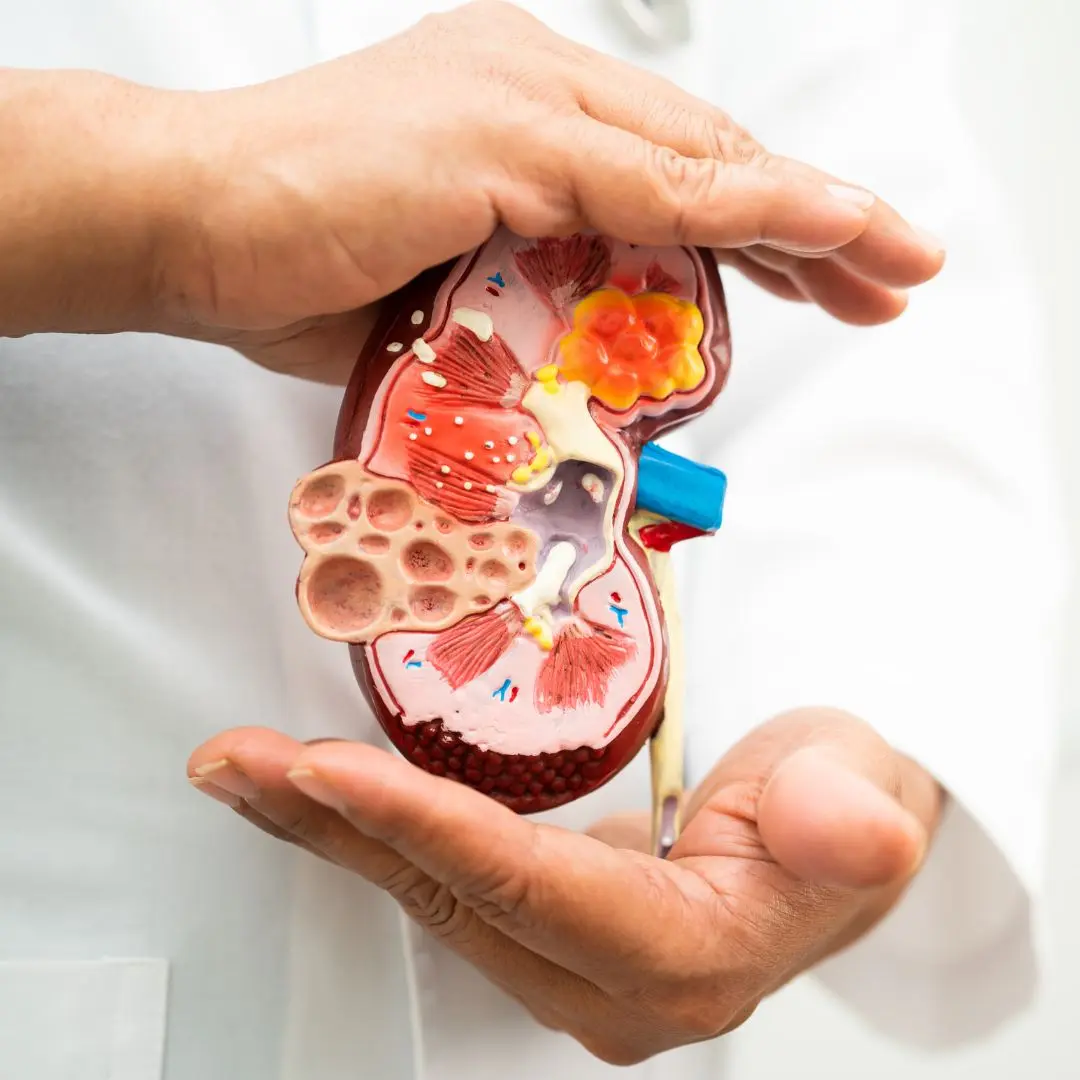Back pain is a common issue that can arise from various causes such as muscle strain, injury, or chronic conditions.

Blog
Home Remedies for Back Pain: Natural and Effective Solutions
Back pain is a common issue that can arise from various causes such as muscle strain, injury, or chronic conditions. While over-the-counter medications can provide relief, many people seek natural and effective home remedies to alleviate back pain. This article explores various home remedies for back pain, focusing on natural solutions that can help improve your overall well-being.
Understanding the causes of back pain can help in selecting the most appropriate remedies. Common causes include:
Overuse or sudden movements can lead to muscle strain, causing pain and discomfort.
Injuries such as sprains, fractures, or accidents can result in acute or chronic back pain.
Conditions like arthritis, herniated discs, and other chronic illnesses can cause persistent back pain.
Maintaining poor posture for prolonged periods can lead to muscle tension and pain.
Emotional stress and anxiety can manifest as physical pain in the back.
Several home remedies can help alleviate back pain effectively. Here are some natural solutions:
Applying heat to the affected area can help relax muscles and reduce pain. Use a heating pad, warm towel, or take a warm bath to provide relief. Heat therapy improves blood circulation to the affected area, which can help speed up the healing process by delivering essential nutrients to the tissues.
Cold therapy can help reduce inflammation and numb the pain. Apply an ice pack or a bag of frozen peas wrapped in a cloth to the painful area for 15-20 minutes. This can be particularly effective immediately after an injury to prevent swelling.
Turmeric contains curcumin, a compound with anti-inflammatory properties. Consuming turmeric tea or adding turmeric to your diet can help reduce pain and inflammation. Turmeric can be mixed with milk to create a soothing drink that may help alleviate pain.
Ginger has natural anti-inflammatory and analgesic properties. Drinking ginger tea or applying ginger paste to the affected area can provide relief from pain. Adding ginger to your meals or smoothies can also help manage inflammation.
Soaking in a warm bath with Epsom salt can help relax muscles and alleviate back pain. The magnesium in Epsom salt is absorbed through the skin, reducing inflammation and pain. For added relaxation, consider adding a few drops of essential oils like lavender or eucalyptus.
Gentle massage can help improve blood circulation and relax tense muscles. Use essential oils like lavender or peppermint for added relief. Regular massages can help prevent muscle stiffness and improve flexibility.
Incorporating gentle stretching exercises into your daily routine can help improve flexibility, reduce muscle tension, and alleviate pain. Yoga and Pilates are excellent practices for strengthening the back muscles and improving posture.
Staying hydrated is essential for overall health and can help prevent muscle cramps and pain. Drink plenty of water throughout the day to keep your muscles and joints lubricated.
Certain herbs are known for their pain-relieving properties. Incorporating these herbs into your routine can help manage back pain naturally:
Willow bark contains salicin, a compound similar to aspirin, which can help reduce pain and inflammation. It has been used for centuries as a natural remedy for pain relief.
Devil's claw is known for its anti-inflammatory properties and is commonly used to treat arthritis and muscle pain. It can be taken as a supplement or applied topically.
Boswellia, also known as Indian frankincense, has powerful anti-inflammatory effects that can help alleviate pain. It can be taken as a supplement or used as an essential oil.
Capsaicin, found in chili peppers, can be applied topically to the skin to reduce pain by depleting the neurotransmitter substance P. Capsaicin creams are widely available and can provide relief from chronic back pain.
Arnica is a herb that can be applied topically to reduce inflammation and pain from bruises, sprains, and muscle soreness. Arnica gels and creams can be found in most health stores.
In addition to home remedies, certain lifestyle changes can help manage and prevent back pain:
Practice good posture to prevent muscle strain and tension. Use ergonomic furniture and take breaks to stretch if you sit for long periods. Standing desks can be a helpful investment to reduce the strain on your back.
Engage in regular physical activity to keep your muscles strong and flexible. Activities like walking, swimming, and yoga can be particularly beneficial. Strength training exercises that target the back muscles can also help prevent pain.
Consume a balanced diet rich in anti-inflammatory foods, such as fruits, vegetables, whole grains, and lean proteins. Avoid processed foods and sugar, which can increase inflammation in the body.
Manage stress through relaxation techniques like meditation, deep breathing, and mindfulness to prevent stress-related back pain. Regular practice of these techniques can improve overall well-being and reduce the frequency of pain episodes.
Ensure you get enough sleep each night to allow your body to repair and rejuvenate, reducing the risk of pain. Consider using a supportive mattress and pillows to maintain proper spinal alignment.
While home remedies can be effective for managing back pain, it is important to seek medical help if:
If the pain persists for more than a few days or worsens, it is important to consult a healthcare professional. Chronic back pain may indicate an underlying condition that needs medical attention.
If the pain is severe and interferes with your daily activities, seek medical attention. Severe pain can be a sign of a serious injury or condition that requires prompt treatment.
If you experience other symptoms such as swelling, redness, fever, or difficulty moving the affected area, consult a doctor. These symptoms may indicate an infection or other serious condition that needs medical intervention.
Home remedies for back pain can provide natural and effective relief from discomfort. By incorporating heat and cold therapy, herbal remedies, and lifestyle changes, you can manage back pain and improve your overall well-being. However, it is important to seek medical advice if the pain persists or worsens. Embracing a holistic approach to pain management can help you maintain a healthy and active lifestyle.
While home remedies can be effective for managing back pain, it is important to seek medical help if:
Willow bark contains salicin, a compound similar to aspirin, which can help reduce pain and inflammation. It has been used for centuries as a natural remedy for pain relief.
In addition to home remedies, certain lifestyle changes can help manage and prevent back pain:
Need Personalized Health Guidance?
Get expert advice tailored to your specific health needs from our qualified healthcare professionals.





